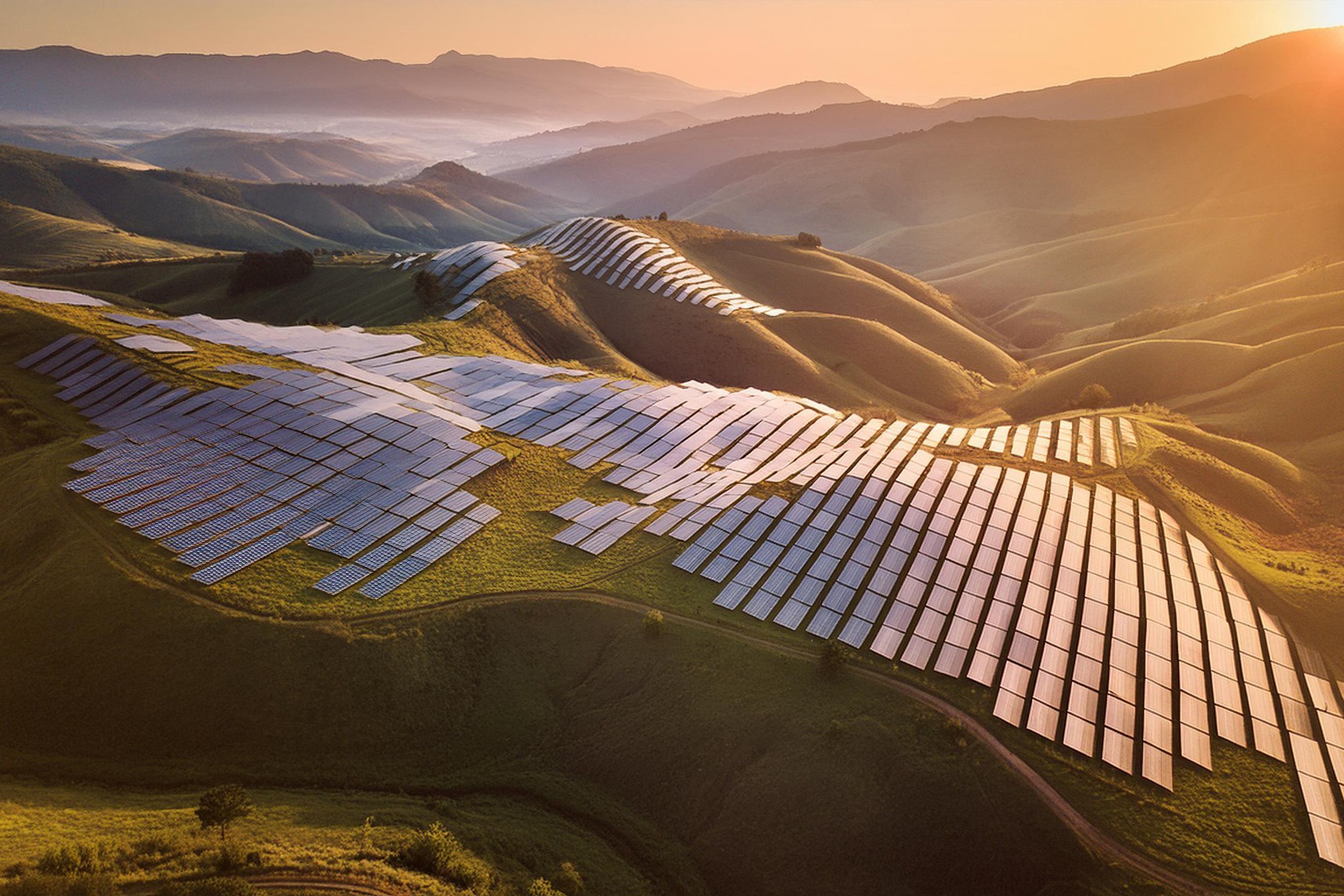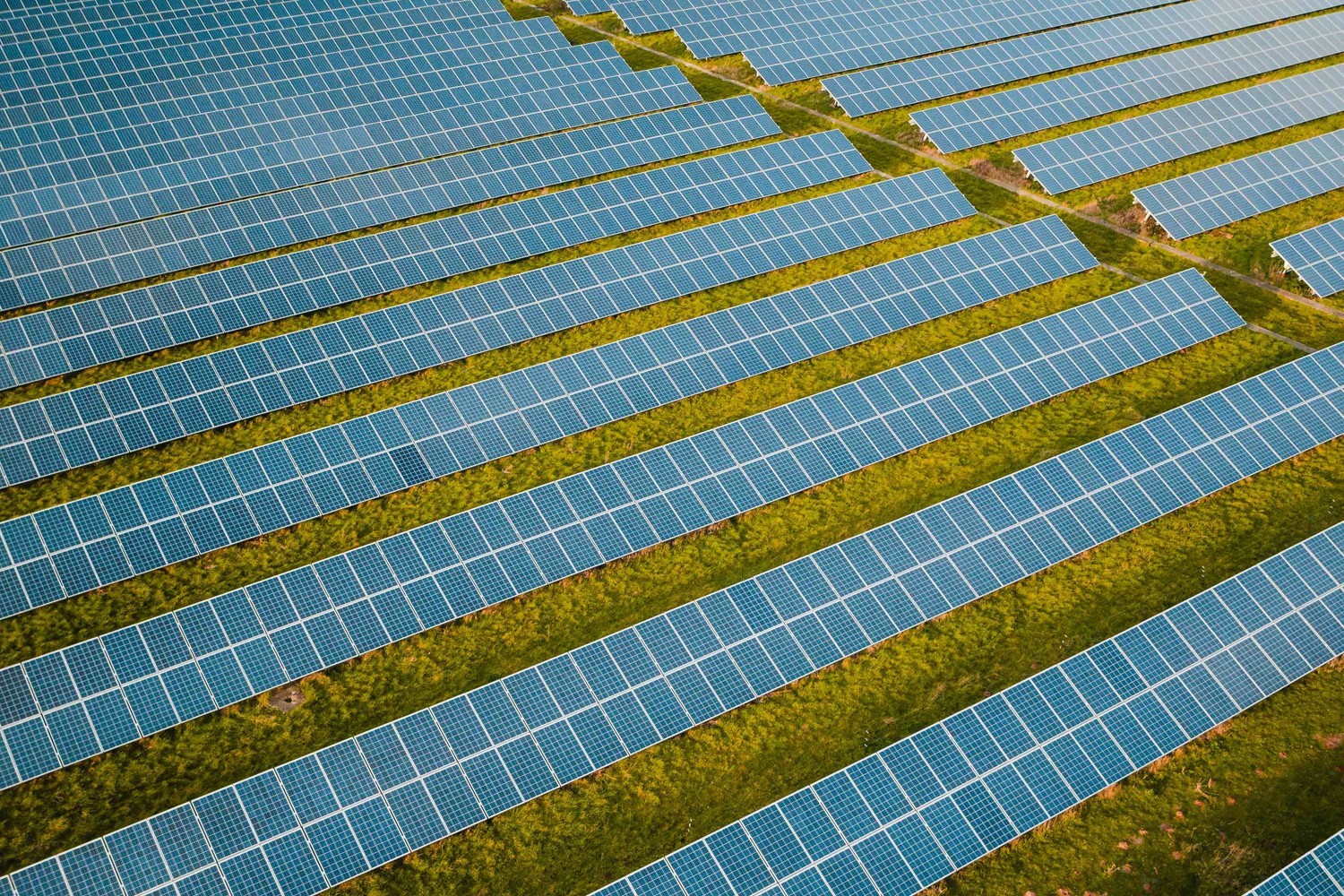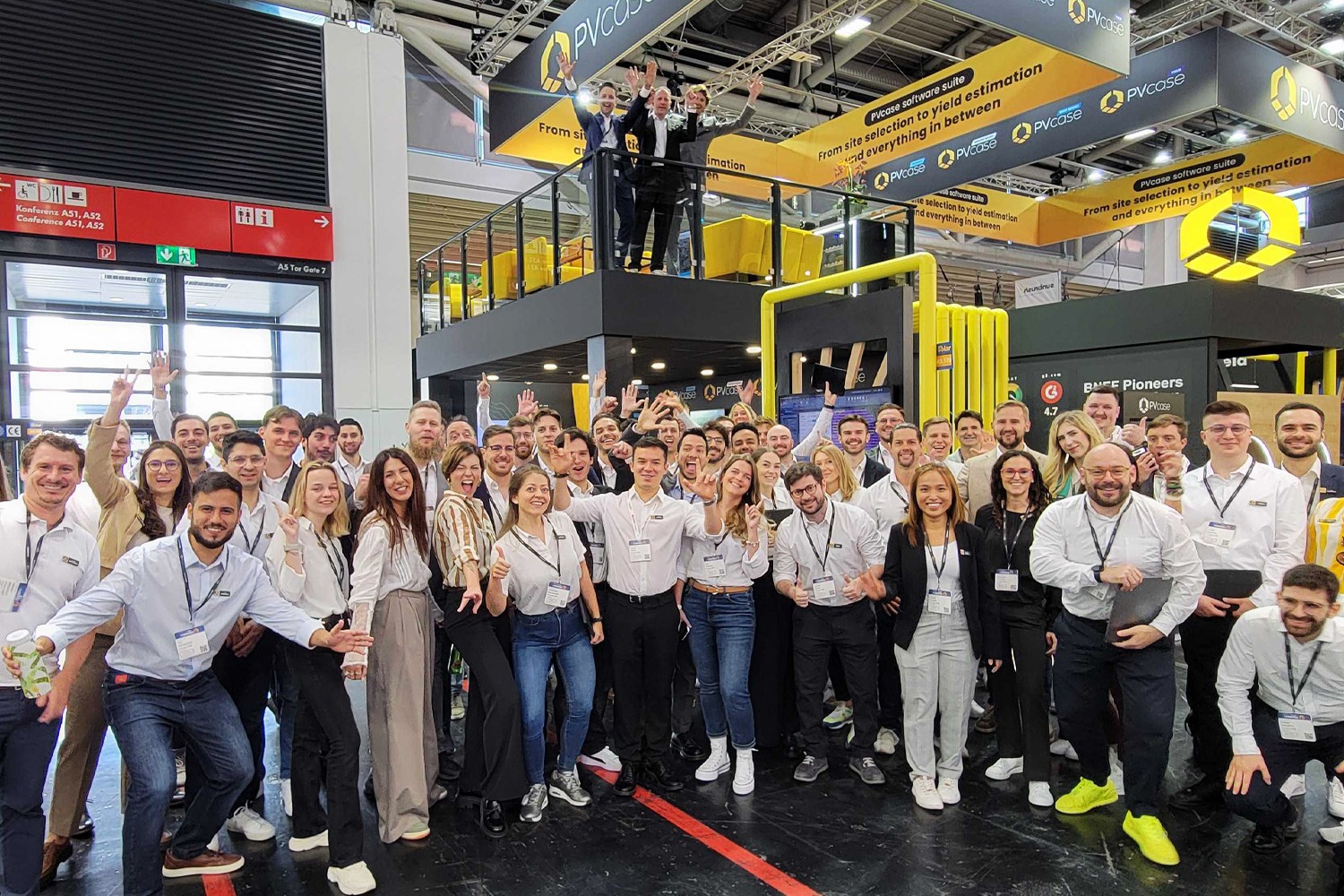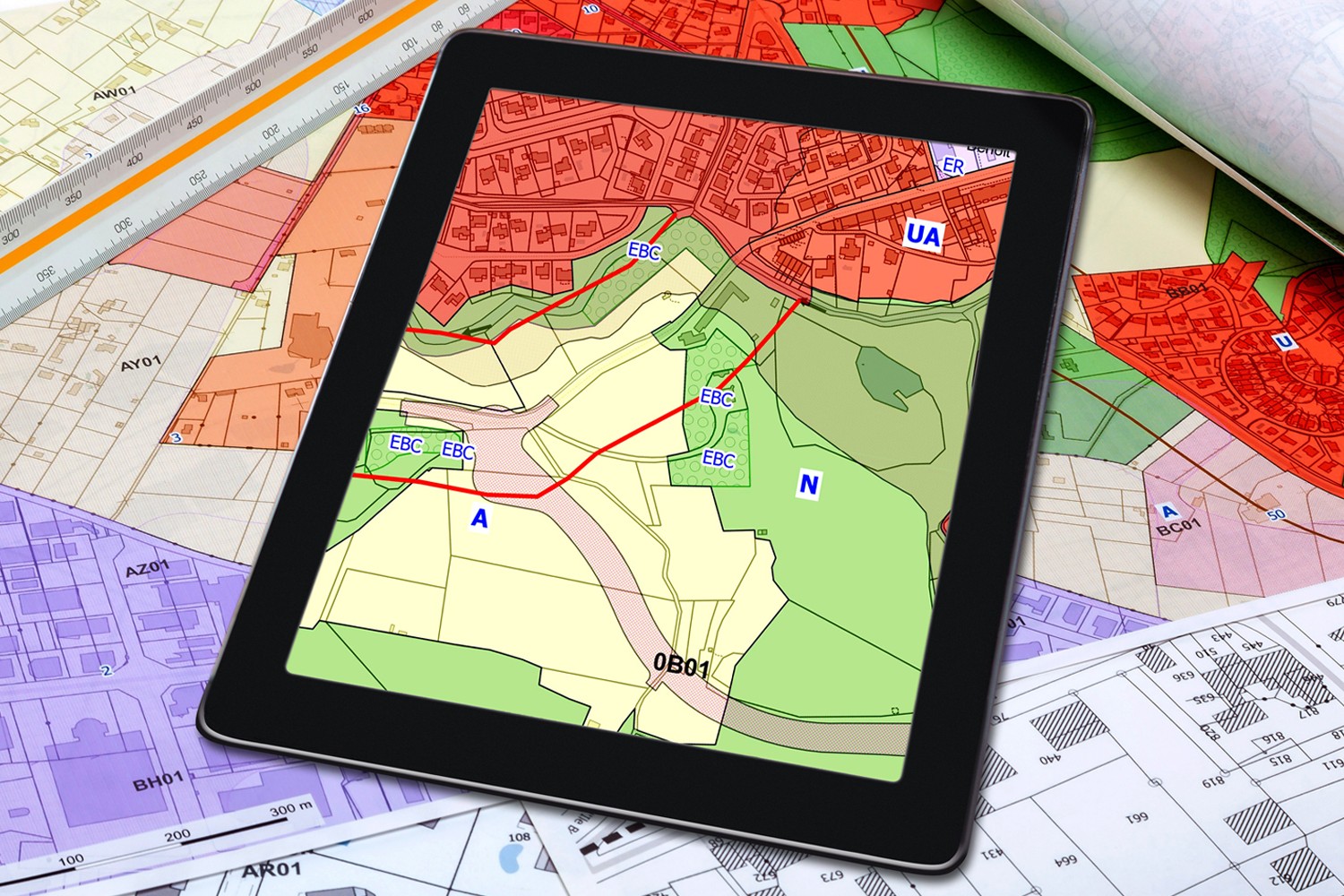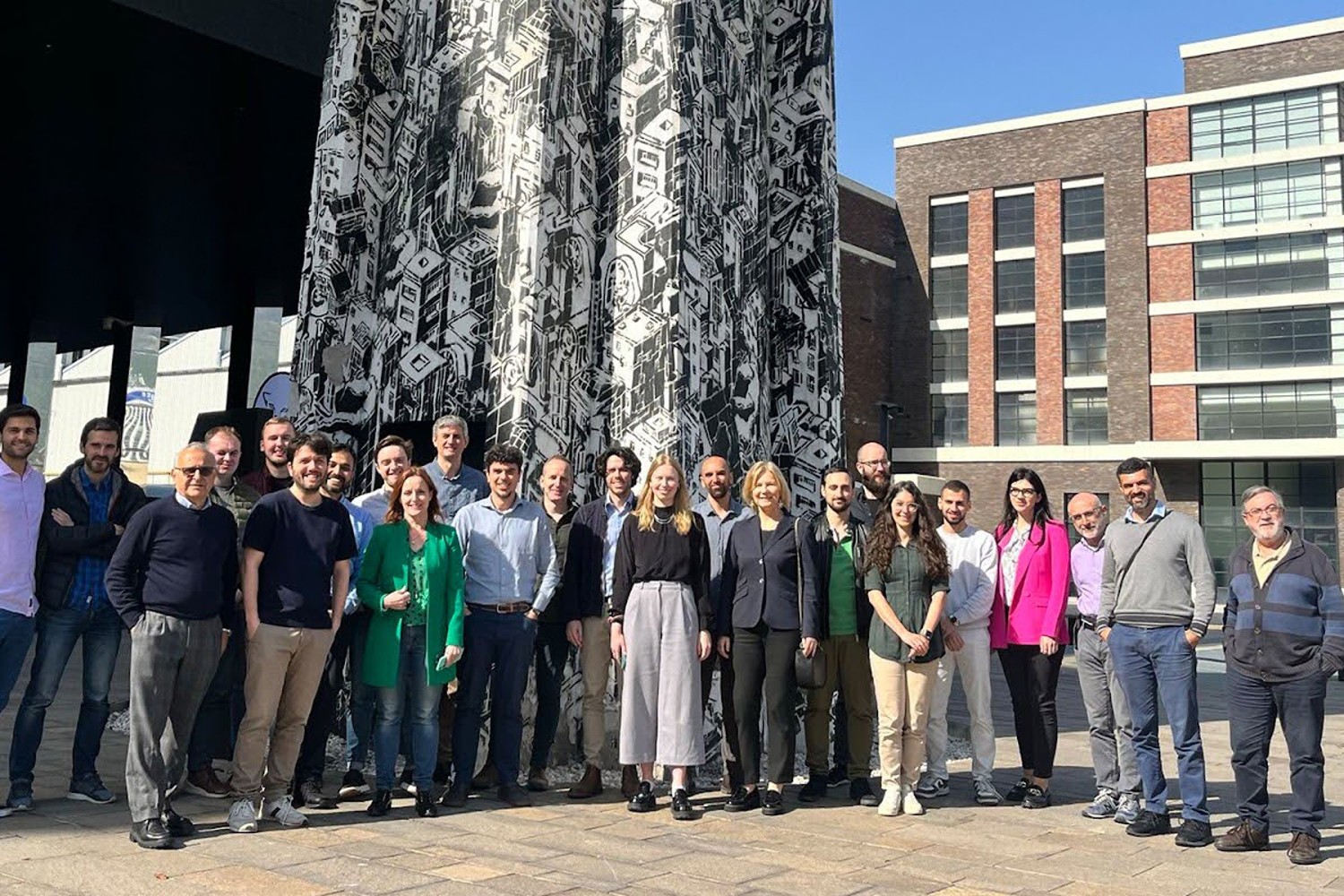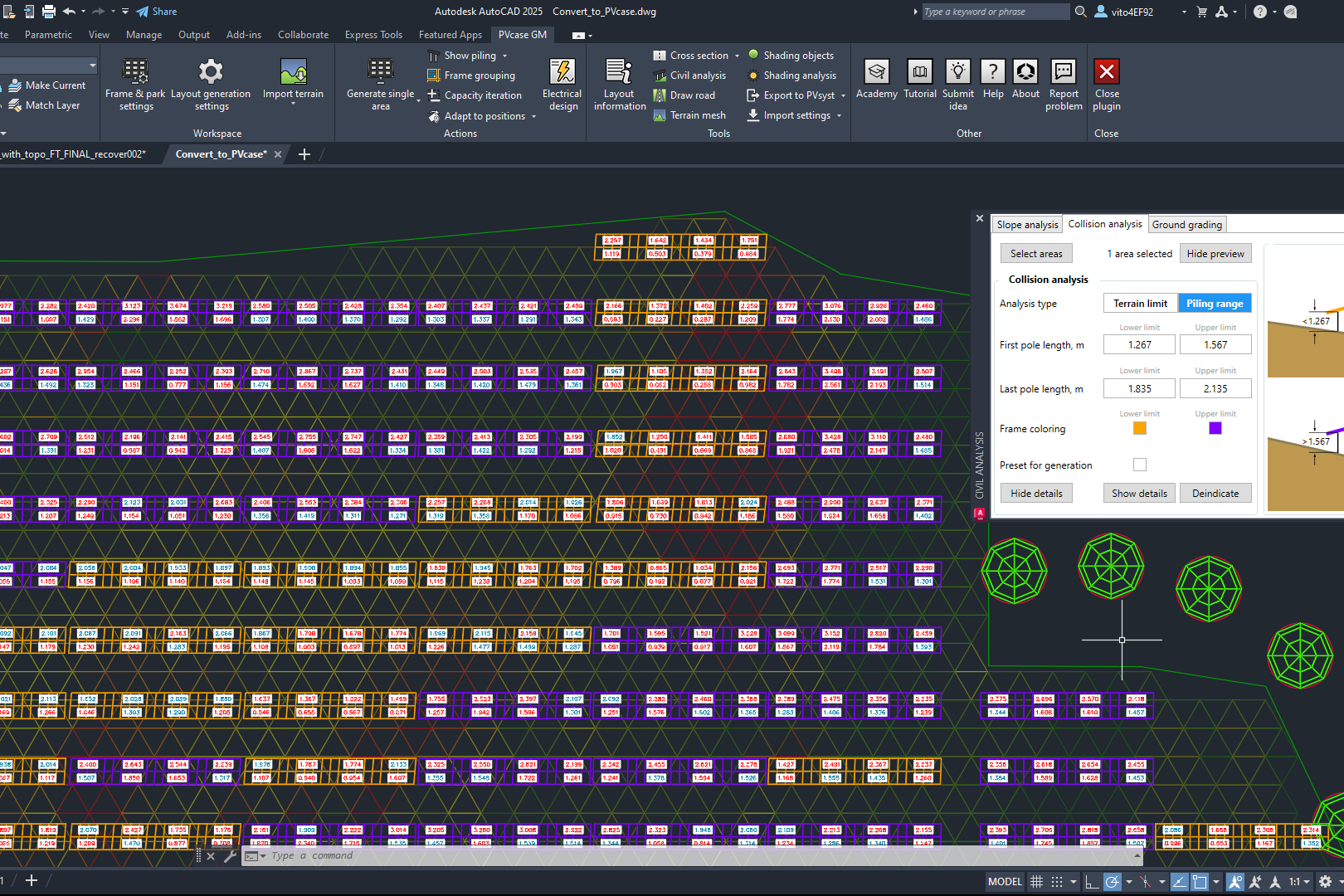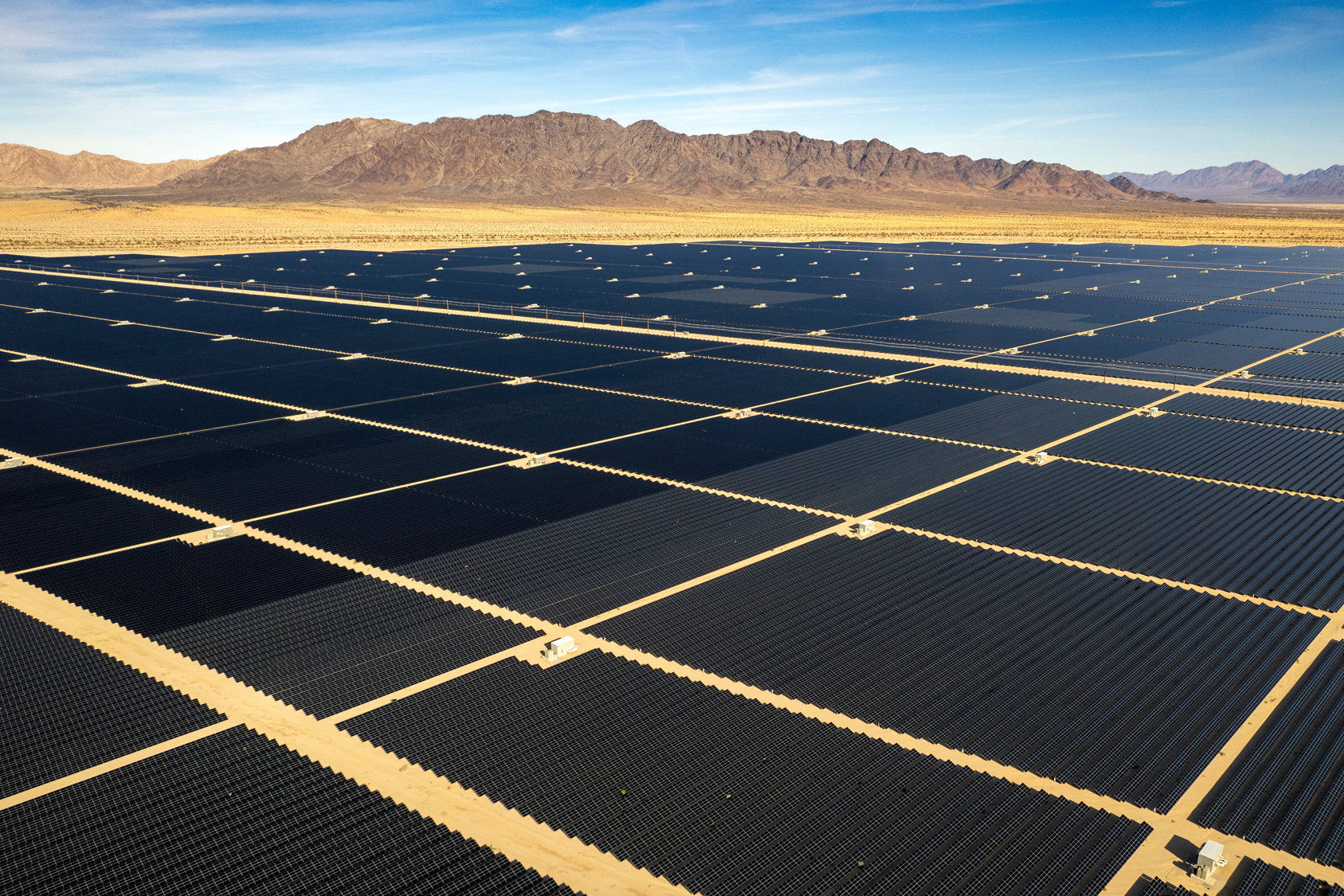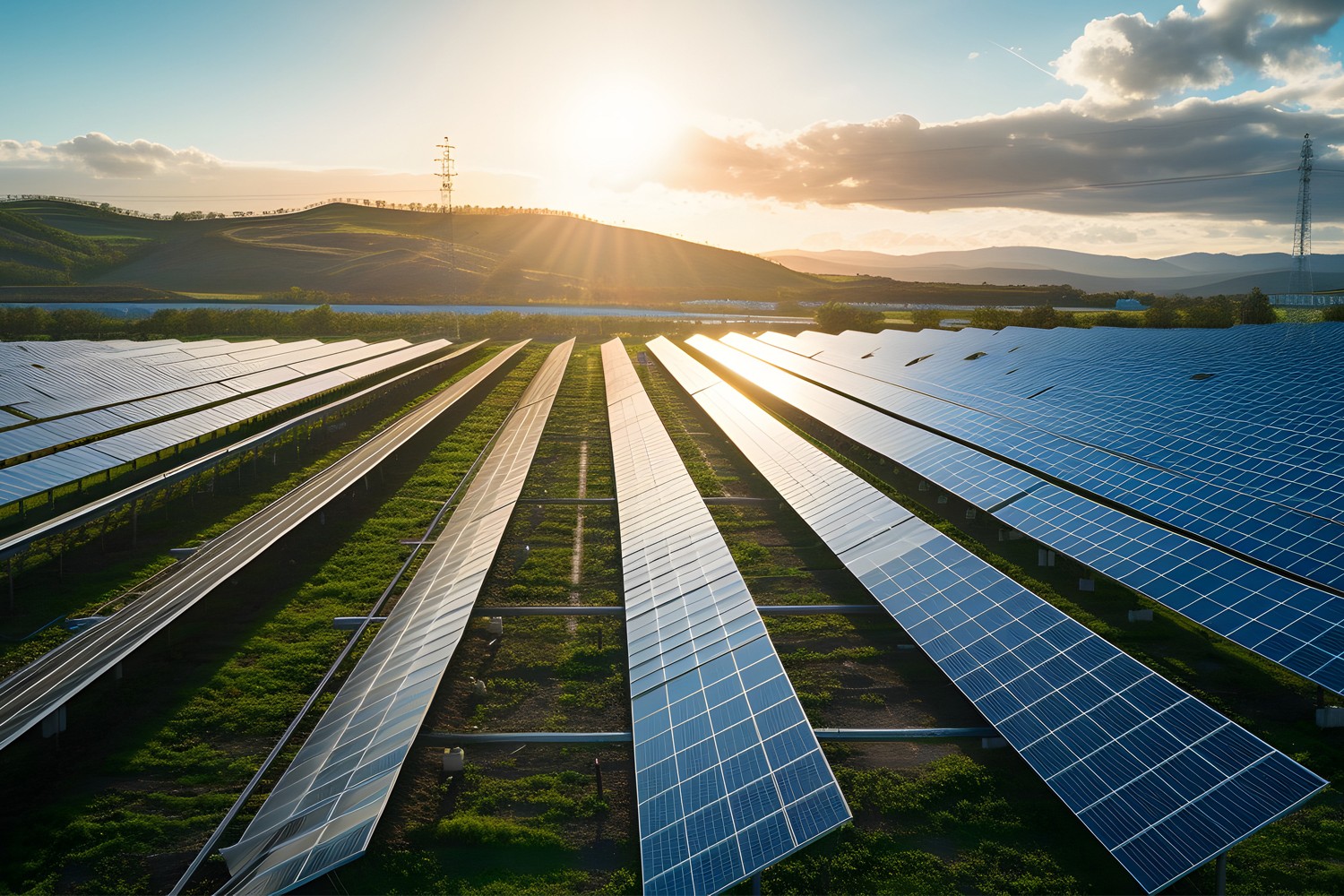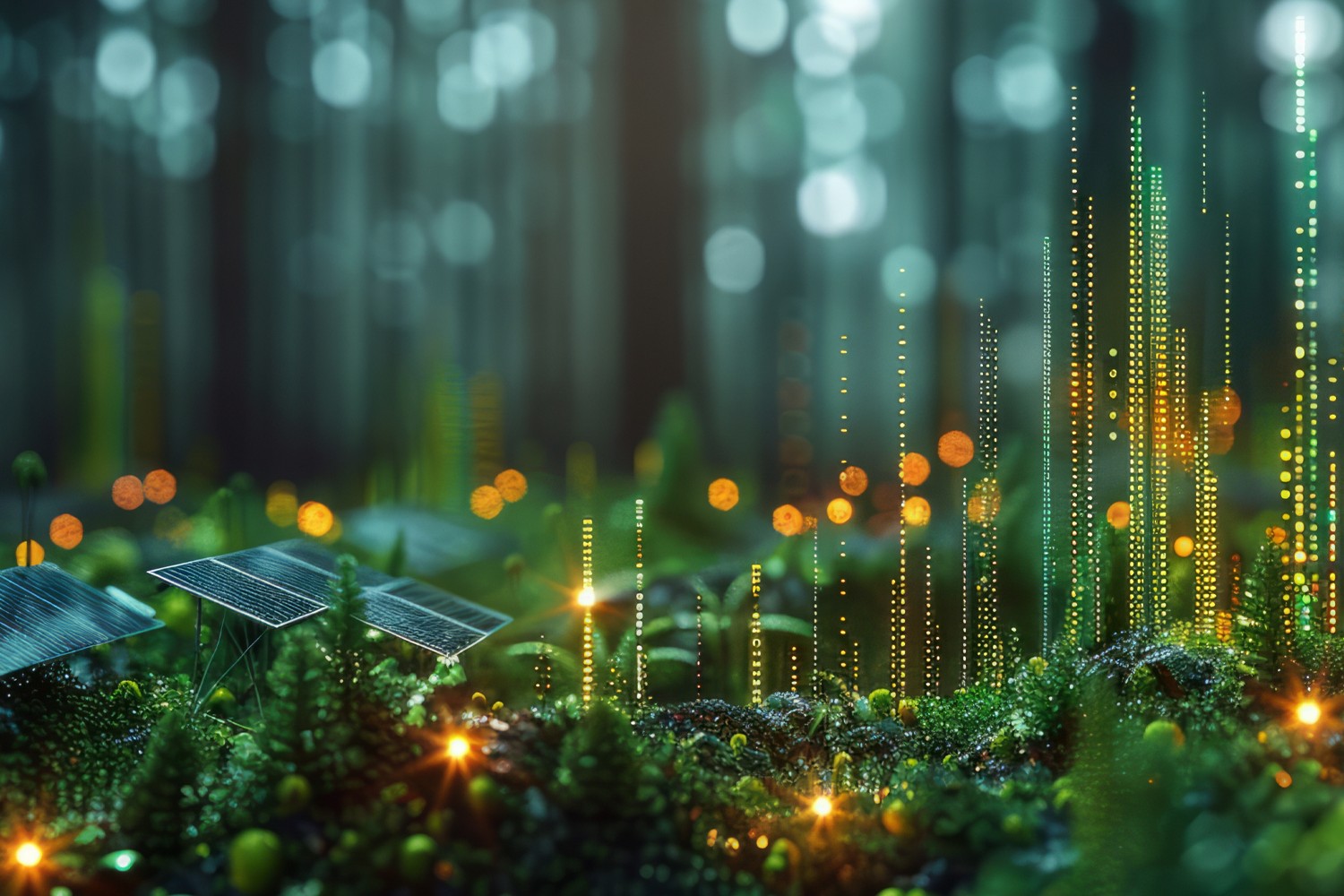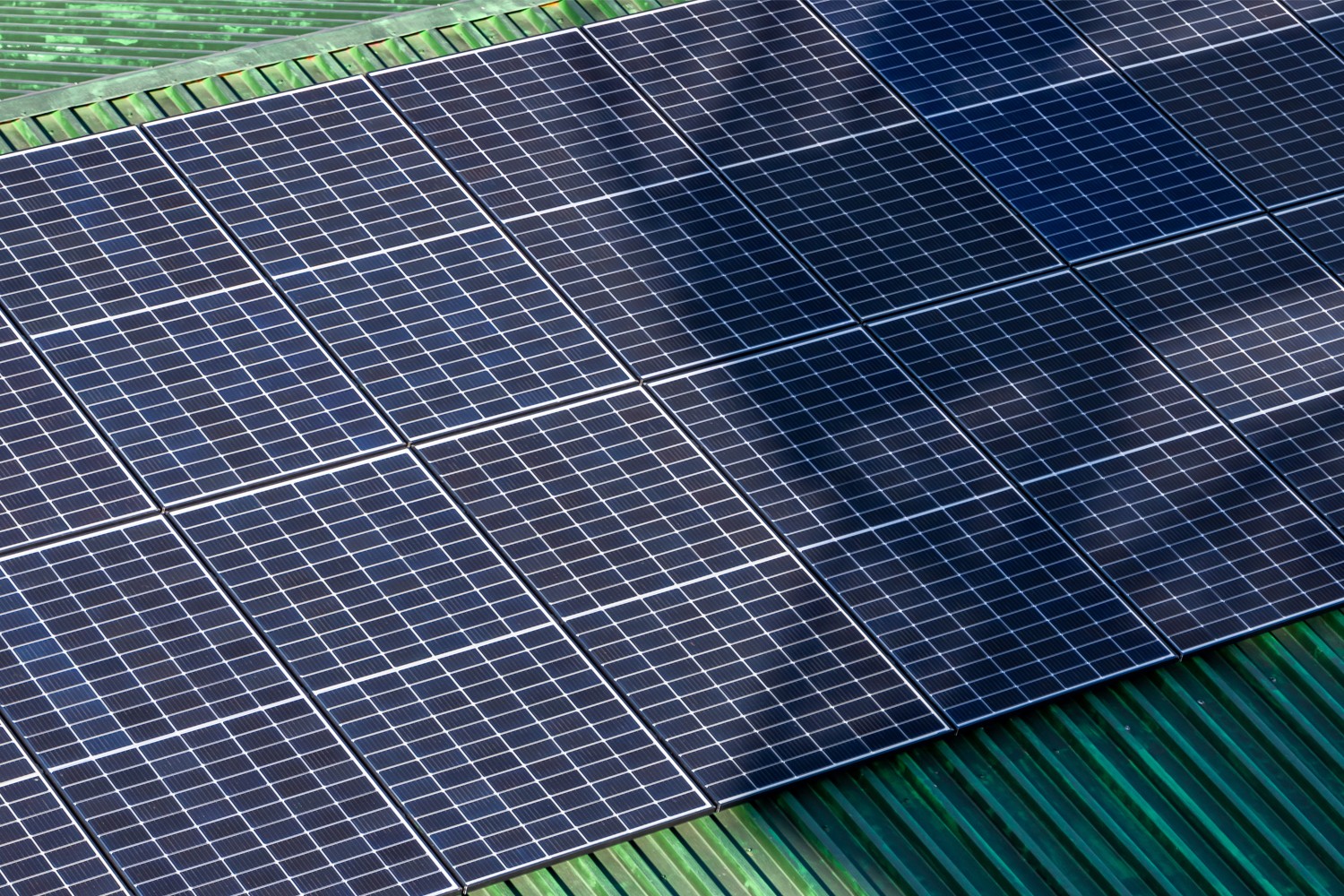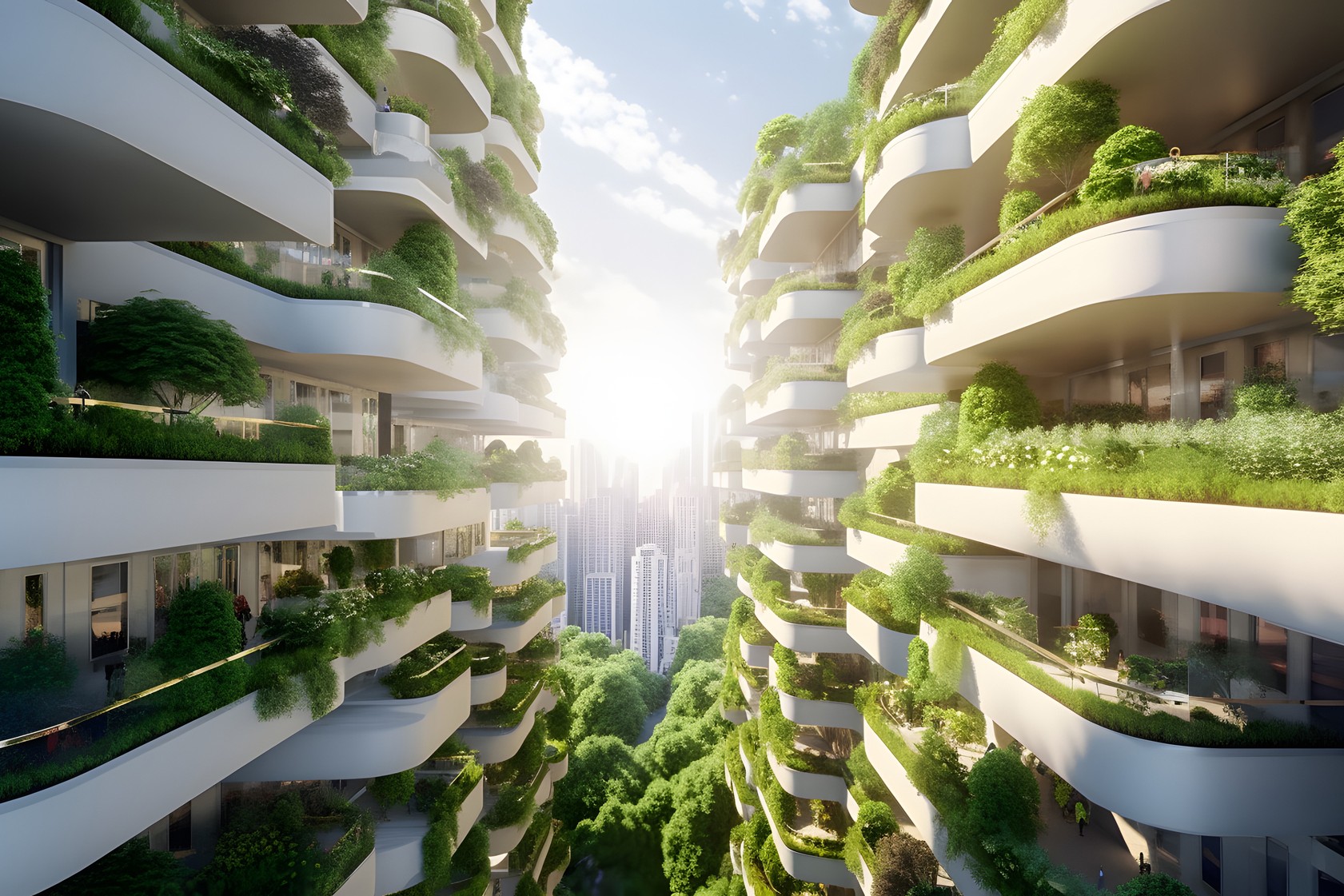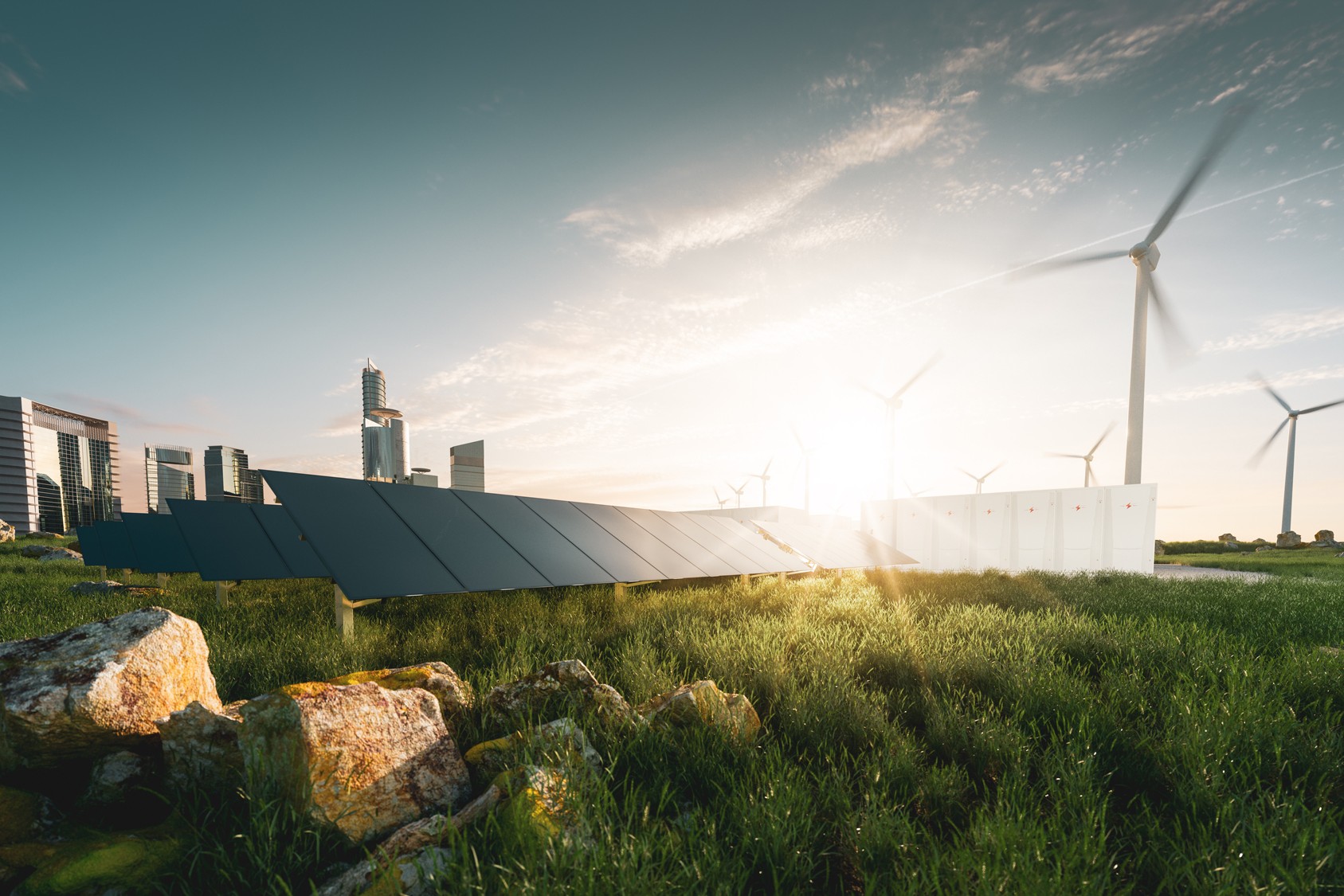PVcase invites its employees to physically contribute to lungs of the planet. A few times per year PVcasers put on their work clothes and head to the PVcase-purchased land area close to Kaunas to plant the trees.
How did the initiative start?
PVcase Forest is a joint venture of PVcase and Girion, a landscape and forestry company. Girion has been established by a few foresters who use innovative methods to maintain the environment, including natural landscape development, cultivation of local species, and soil maintenance. Rokas Laukineitis, the founder of Girion, explained that the project started when David Trainavicius, PVcase CEO and Rokas’ neighbor, conceived a concept of planting one tree for each PVcase license sold. PVcase approached Girion about the idea, and Girion helped to develop the concept.
To find the right location, they searched for agricultural land without trees near Kaunas, where PVcase is headquartered. They eventually found a proper location and started preparing the land and plans to transform it into the forest. The first planting was a trial run, where they planted only a few trees. They enjoyed the experience and decided to invite other PVcasers to participate in a collective planting the following spring. Such tree plantings have become the company’s tradition and a nice occasion for team gatherings complemented with drinks and food trucks. A few that happened so far proved to be a success illustrated by the rapid increase of trees in the area.

What is special about PVcase Forest?
The PVcase Forest project is both a forest and a forest park, with careful consideration given to the species and necessary gaps between trees to ensure they do not have to be removed in the future.
At the moment PVcase Forests consists of two hectares of agriculture land and iver a half hectare of forest land. The newly established forest location is surrounded by middle-aged forests, but it was previously an agricultural land producing monoculture crops. Rokas explained that the team selects tree species based on the micro-segments of the location, with the main resources being local tree species such oak, birch or linden. There are also a few non-native tree species that were introduced in Lithuania centuries ago (e.g. larch, and beech).
The number of planted trees depends on the company’s success. The only limit is the size of available land. However, Girion also works on connecting a third land plot, which would allow them to additionally plant up to 2000 trees.
Rokas also emphasized the impact of climate change on tree growth and how certain tree species are now better suited to the changing climate conditions. He also stressed the importance of mixed forests with both broadleafs and conifers to ensure resilience in the face of environmental changes. Moreover, the climate fluctuations created conditions for some non-local tree species to successfully adapt to the Lithuanian climate.

The future of the project
PVcase Forest project also aims to create a natural environment for team buildings and personal development. The initiative is unique because it focuses on planting larger trees and transforming the environment more quickly than naturally.
There are also plans to introduce a forest path to make it easier to walk around the planted space and explore the natural environment. It is indeed both a playful and smart way of taking action to address the impacts of climate change and create a more sustainable future.
So now PVcasers have the ability not only to build a brighter future by developing smart digital solar engineering solutions, but also to make the world greener in a literal sense of the word. Moreover, PVcase also supports agrivoltaic projects that use the same land to generate electricity and support agriculture. You can read about it more in these release notes.
If this is something that speaks to you, join our team now.
You might also be interested in:
July 19, 2024
Siting of PV power plants. How to adapt solar designs to complex terrains?
Choosing the wrong PV project site lowers energy output, raises costs, and risks legal issues. PVcase offers solutions. Discover them by reading the article.
July 16, 2024
Overcoming technical challenges in renewable energy projects. How PVcase transformed OHLA’s design process
Explore how OHLA overcame renewable energy design challenges with PVcase, streamlining solar park operations and achieving remarkable business growth.
July 3, 2024
Bridging the renewable energy skills gap. A success story of PVcase, Enery, and the University of Applied Sciences Upper Austria
Discover how PVcase, Enery, and the University of Applied Sciences Upper Austria have collaborated to prepare future solar engineers through an innovative educational initiative,…
July 1, 2024
Top 10 questions from Intersolar Europe 2024, answered
Get answers to the top 10 questions asked during Intersolar Europe 2024 that cover PVcase Prospect's availability, integration of PVcase products, and much more. Your question is…
June 19, 2024
Targeted solar marketing for successful landowner outreach — e-book included!
Discover how innovative strategies and Anderson Optimization's GIS Site Selection can boost solar outreach ROI and conversions. Download the ebook for more insights!
June 3, 2024
PVcase is part of the 42-month long SUPERNOVA project
PVcase, together with 19 partners from all over the world, is part of the 42-month SUPERNOVA project, focusing on O&M and grid-friendly solutions for reliable, bankable, and…
May 29, 2024
PVcase tools are now compatible with AutoCAD 2025!
We’re happy to announce that you can now use PVcase Ground Mound and Roof Mount, our flagship CAD-based tools, on AutoCAD 2025, enjoy its multiple functionalities and integrate…
May 20, 2024
PVcase is the finalist of “The smarter E AWARD” in the Photovoltaics category
We’re the finalists of “The Smarter E AWARD”! Read more about the nomination and dive into the PVcase Integrated Product Suite offering that innovates the industry.
May 14, 2024
Making great designs on good sites—the importance of topo data for PV design
Topo data is the first step in determining the success of your solar project. While the terrain is crucial in this regard, developers should also consider grid connectivity and…
April 29, 2024
How policy can shape future solar energy expansion
Policymakers and regulatory organizations must actively support solar power's growth and renewable energy advancement. Read the article to learn how.
April 25, 2024
Shading Analysis: advanced feature for C&I roof-mount solar projects is live
Shading Analysis is live! Read the article to learn about benefits, capabilities of the tool, and how it can help users and decision-makers.
April 9, 2024
PVcase wins the BNEF Pioneer Award 2024 for innovative solar design solutions
We won the prestigious 2024 BNEF Pioneers Award! Find out how our software contributes to relieving bottlenecks in the deployment of clean power.
March 29, 2024
Sustainable cities: what urban living of the future might look like
From clean energy to green bonds and renewable energy stocks, there are many ways you can invest your money in a sustainable future. Find them out by reading the article.
March 22, 2024
8 ways to invest your money in a sustainable future
From clean energy to green bonds and renewable energy stocks, there are many ways you can invest your money in a sustainable future. Find them out by reading the article.
March 21, 2024
8 business opportunities in renewable energy
There are many potentially lucrative business opportunities in renewable energy. Learn how you can use these opportunities to make money while contributing to the green…
